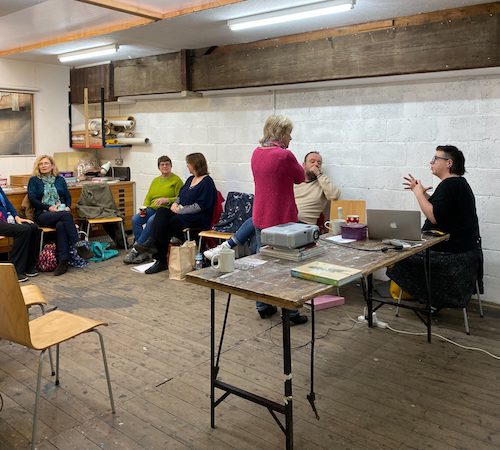
Study event review: Oxford, a student’s account
The weekend was the inaugural meeting of the proposed Oxford study group. Thirteen of us met at OVADA for the day, with Katie Taylor providing the tutor input. Katie started her arts journey with an OCA degree, followed by an MA at Oxford Brookes and is about to start a PhD. The day was aimed particularly at textiles students, but was very multi discipline in nature and there were a wide variety of students there. Her work began as textiles with some sculpture and has developed from there into a much broader body of work with the subject dictating the media used.
Katie talked us through her learning journey from textiles and sculpture in the early years through to extensive collaborations with the scientific community at present. Her interests started with historical references to Oxford magistrates’ Court in the early 1900s but by the time she had finished her degree, she was very focused on the genocide at Srebrenica and how forensic anthropology can help identify individuals through scraps of clothing and the marks left by their life experiences on their bones. Over time, this has matured into an interest in how people who have been the victims of large scale massacres can reclaim their individual identity through what is left behind and this will be the subject of her PhD.
Much of Katie’s work involves the use of waste animal products such as bone, wool and intestines (sausage casings) which she refashions into pieces of art. She brought along an interesting collection of her work, and explained that the actual making of her work is often very performative, in that it repeats actions which were involved in the final scenarios of the massacres, and that every aspect of a piece had specific references to the events involved. Thus, she felt that an explanatory note was very important to how her work is viewed – without that explanation the meaning of the work can only partially be understood. As an example, she made a piece which consisted of 8136 (I think) numbered cards (the number of men and boys who were massacred at Srebrenica over the course of three days, and then encouraged visitors to punch holes in individual cards. Both the time taken to do each one and the noise of the hole punch produces a better understanding by viewers of the sheer speed and brutality of the killing.
After the break, Katie introduced the potential for collaboration between scientists and artists and we talked about the ways that art can enable difficult scientific concepts to be understood by the public. She offered the suggestion that although getting grants for art projects is often difficult, this is not the case when they are collaborations with the science community. There is considerable opportunity for people who can produce work that explains science through such organisations as The Wellcome Trust and it can be a very fruitful way of widening one’s practice.
We then looked at some artists who work with bio products in an interdisciplinary way, including Suzanne Lee (makes clothing from bacteria), Donald Weber (a photographer who looks at the history of the 2WW through fragments of shrapnel left on the beaches in Normandy), Seija Kameric (who uses light and data visualisation to consider aspects of the Bosnian war), Rebecca D Harris (considers the microbiome on the human skin and how it relates to our overall health), Luke Jerram (glass microbiology), and Elpida Hadzi Vasileva (sculpture and installations using natural and waste materials).
After lunch we had a workshop on making artistic pieces using bits of lace and inks on watercolour paper. Overall, it was an excellent day, where we learned a considerable amount, had some hands-on activity and had the chance to meet some of our fellow local students. I very much hope the group will meet again in the future.
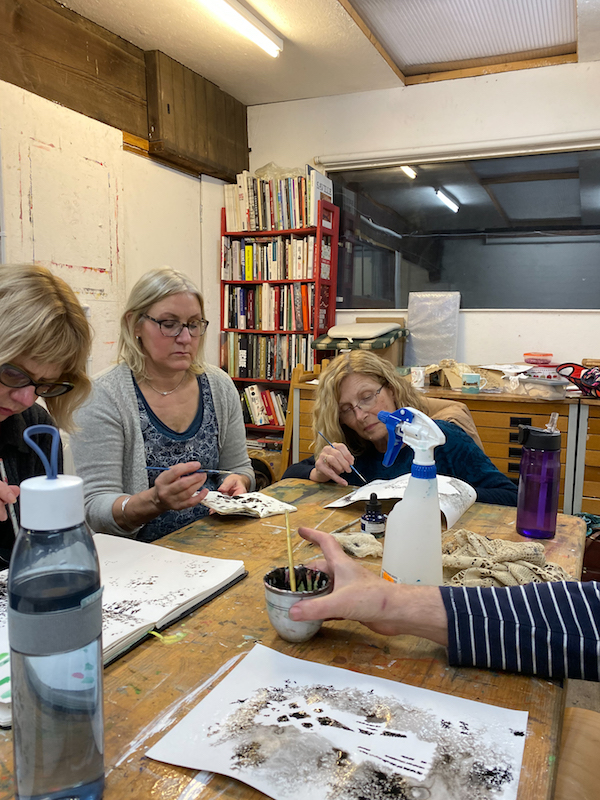
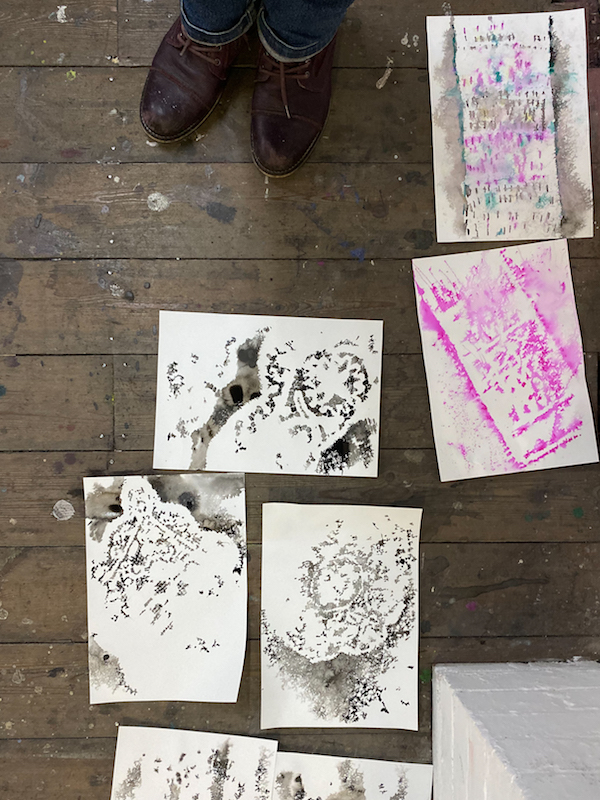
|
|



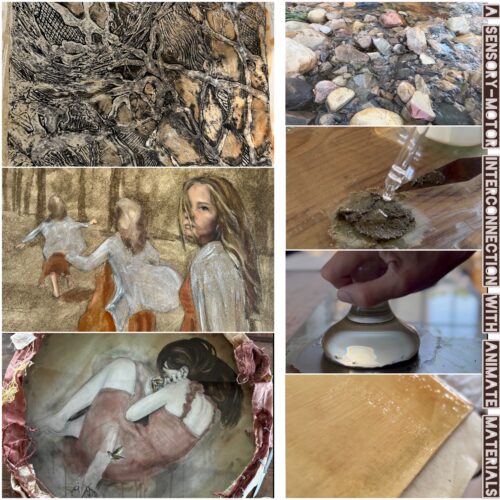
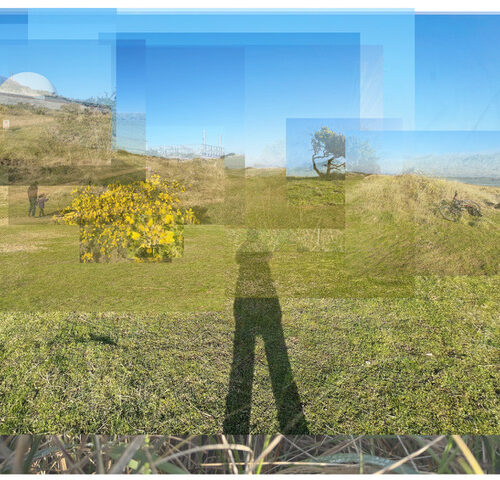
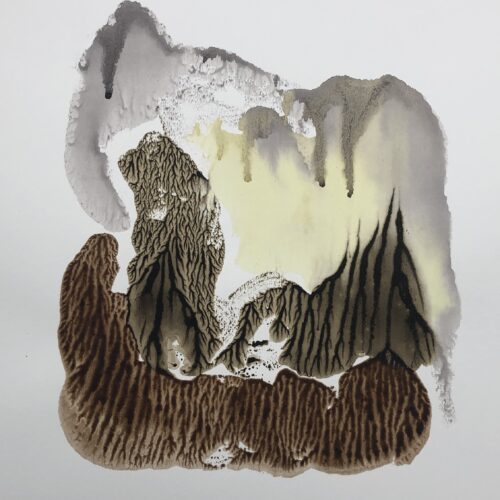

So glad to hear you all had a good day. Well done Katie and the Oxford Study Group.